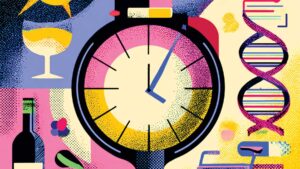Consumer Reports quoted Cary Kreutzer of the USC Leonard Davis School on how to prepare quick, healthy meals. “Whole foods that are fresh or even frozen can be quickly assembled and heated,” Kreutzer says.
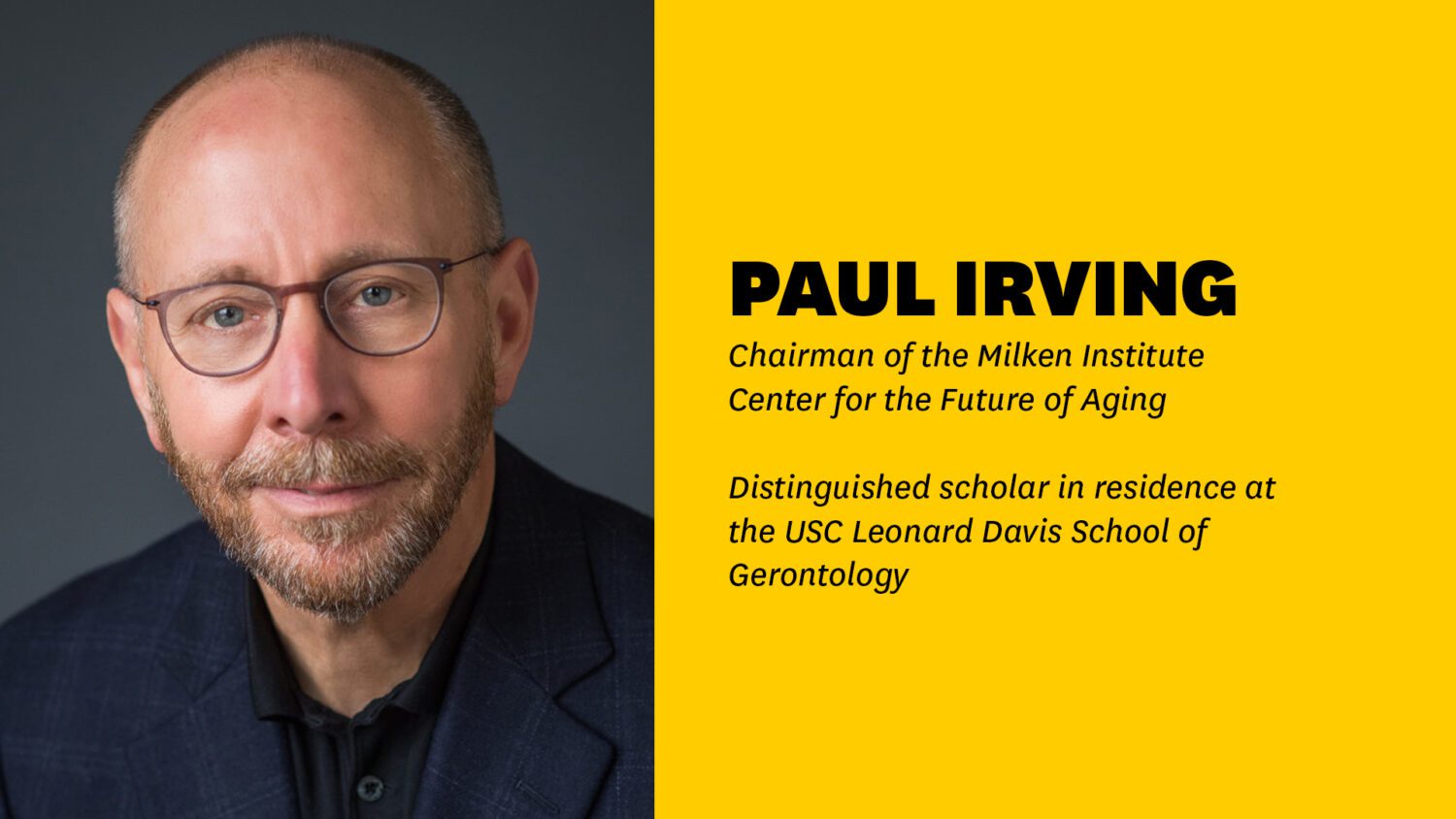
Paul Irving, chairman of the Center for the Future of Aging at the Milken Institute and distinguished scholar in residence at the USC Leonard Davis School of Gerontology, joins Professor George Shannon in a conversation that sheds light on the need to prepare for growing older, reasons to resist retiring, the value of volunteering and other opportunities of aging.
Paul Irving quotes from this episode:
On the importance of planning and preparation
“This is the single thing that we all have in common, if we’re lucky. We don’t have race and gender and ethnicity and religion, but we all have aging. And yet, for some reason, this is something that people don’t want to talk about as much as they should [and] don’t want to prepare for. So, I think that for all of us who spend time thinking about this, [we should be] talking about it, communicating about it, [and] expressing that urgency. Not just for older adults, but for young people as well.”
On the value of volunteering
“[It’s] not just that volunteering and service to youth is good for the beneficiaries, which is kind of intuitive. … The health benefits for the older volunteers are mind blowing. So the point is doing this work is not just good for the world. It’s not just good for young people. It’s good for your health. Every year, in addition to taking blood and doing all the other things that the doctor does when he or she pushes and prods and pokes, the doctor should say to you, ‘So, tell me about your volunteering,’ and maybe give you a prescription for a little bit more time with young people.”
On the benefits of employing intergenerational teams
“Older workers and younger workers bring different things to workplaces, different characteristics. The speed, the creativity and the risk-taking characteristics of youth; the balance, multi-sectoral problem solving and opportunity-creating understanding of age; and the understanding of how to navigate environments and get things done. There’s some research that suggests that intergenerational teams, that mixed-age teams, actually outperform same age teams of any age. … I think that global employers are beginning to get it. It’s beginning to happen in the United States.”
On the power of positive portrayals of aging
“Older adults are as diverse as any other population with the same ups and downs. And I think Hollywood can play a really, really important role — and Madison Avenue too — in changing attitudes and, frankly, changing attitudes faster. I’ll just add that I think things actually are moving. There’s organic change going on now, and the only thing that concerns me is I think it’s not going fast enough. So the question is, what can we do to catalyze it, accelerate it, [and] push it?”
On the business case for catering to older consumers
“Older adults make up a growing percentage of the population.. It’s the market of the future. Get over the notion that older adults aren’t consuming; get over the notion that older adults can’t be attracted to travel and cars and clothes and food and all the rest. Enlightened executives in show business, advertising, etc. should be looking at that market and saying, ‘how do we produce more for this group?’”
Women’s Health cited research from Valter Longo of the USC Leonard Davis School on fasting and stem cell regeneration.
The Patriot Ledger highlighted the USC Leonard Davis School’s involvement in a national campaign, Home for the Holidays, that provides home modification resources to families and older adults.

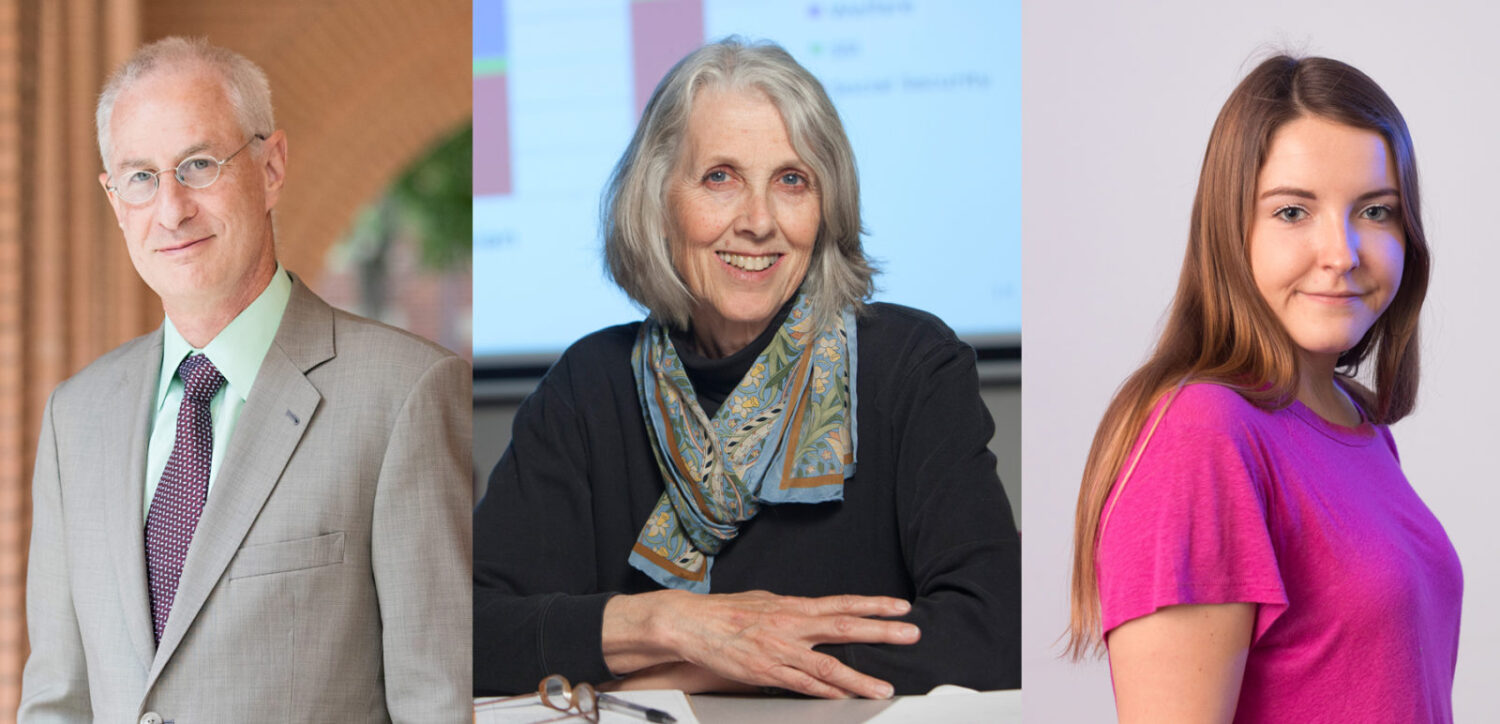
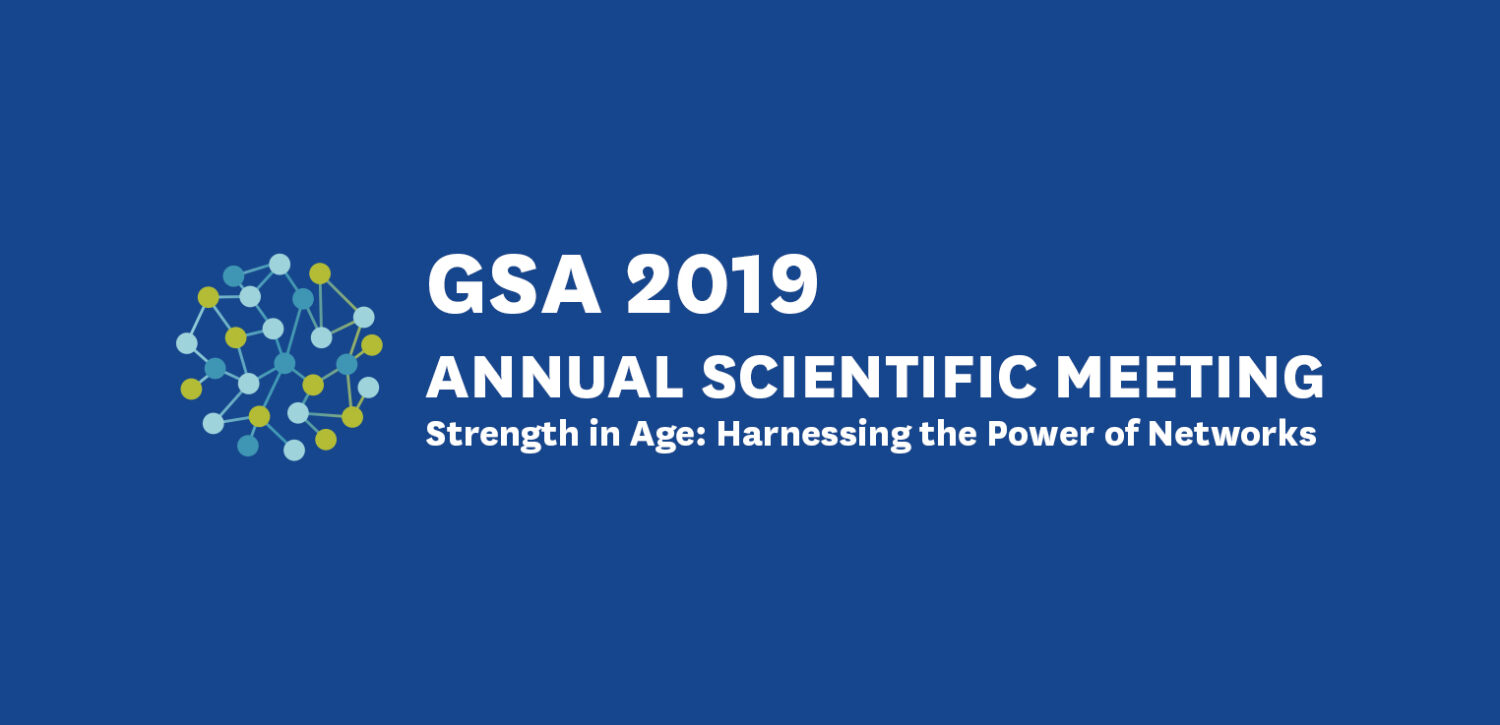
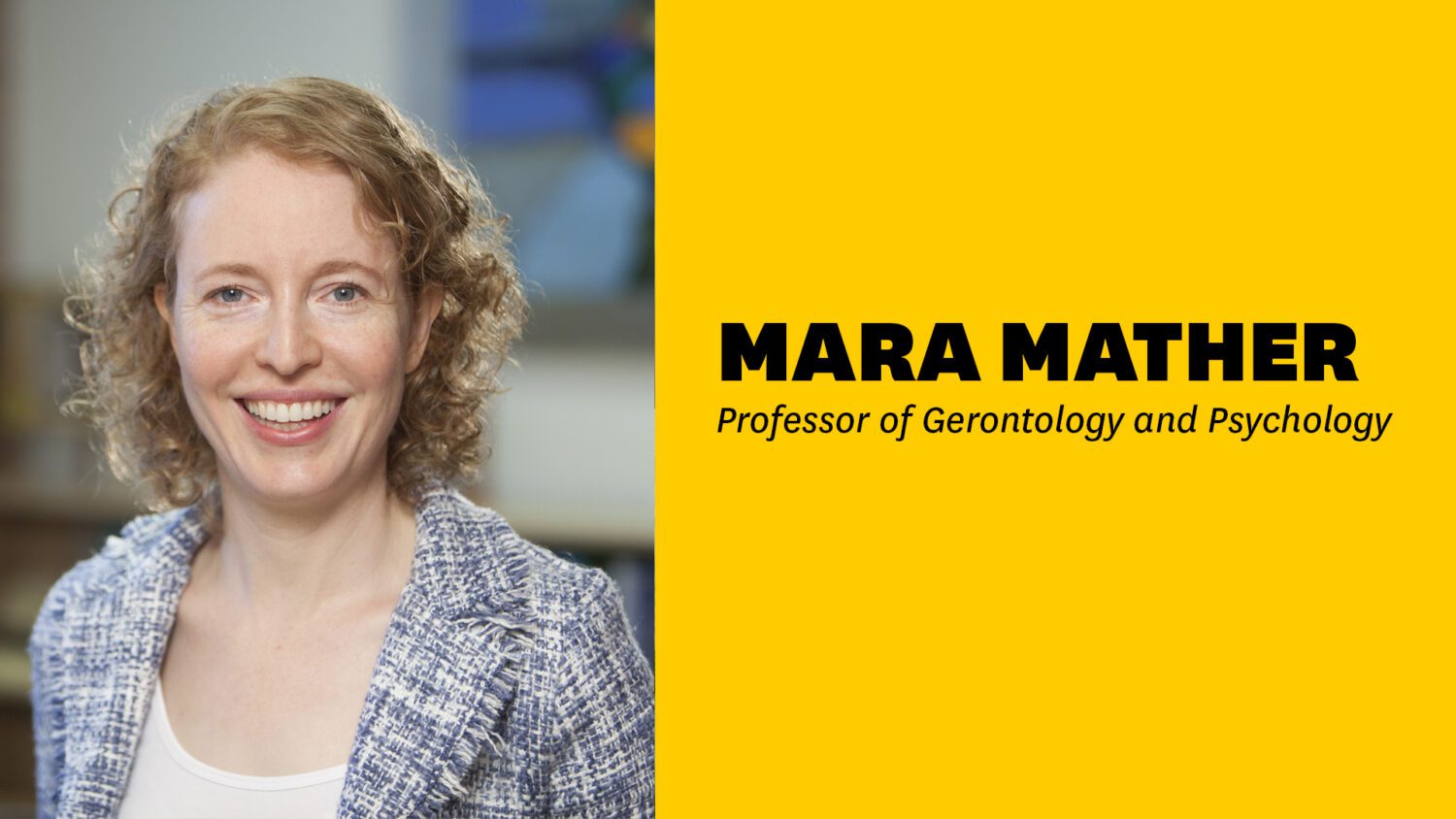
Mara Mather, Professor of Gerontology and Psychology at the USC Leonard Davis School of Gerontology, is shedding light on how we learn, what we remember, and where we might find clues to slowing the progression of Alzheimer’s disease.
Quotes from this episode
“What is it that you remember? The things that you remember are typically the things that were really emotional in your life that mattered to you, that were surprising, that stood out. And we also can notice ourselves how much we tend to have gaps in some of these memories. And so scientists have been interested in this for a very long time.”
“We looked at a sample of several hundred adults and we found among the older adults that the integrity of the locus coeruleus or this brightness that it shows on our MRI images because of its magnetic properties – as that declines with age, it seems that the locus coeruleus is probably showing some neuronal loss. And we found that that signal was associated with how well people did on memory tests. So people who showed what looked like a more intact locus coeruleus were doing better on memory tests.”
“It turns out the locus coeruleus is a really fascinating area to look at in aging because it is the first place that Alzheimer’s pathology is seen. And what I mean there is when you hear about Alzheimer’s disease, you hear about plaques and tangles and the plaques are amyloid beta pathology and the tangles are related to tau pathology and tau pathology starts in the brain quite a bit earlier than the amyloid.”
“I think that Alzheimer’s is more like cardiovascular disease. It’s a spectrum and we’re all somewhere on this spectrum. We all have a little bit of the disease pathology the way that we probably all have some atherosclerosis lurking somewhere in our cardiovascular system. What this means is that, Alzheimer’s is this very slow-moving process and what we really want to be doing is slowing it down.”
“That high arousal state is helping you to learn new things and shape your brain and keep your brain plastic as you get older or throughout life. But those high energy, high metabolic brain plasticity processes are creating waste, they’re producing things like amyloid and tau. So you’ve got these positive aspects that leads to brain plasticity, but it also can lead to more pathology.”
“You need both the high arousal, sympathetic nervous system, properties that allow for brain plasticity. And you also need these relaxation, parasympathetic properties that allow for things to be repaired and for waste to be cleared out. And you need to go through both of those states every day pretty much to maintain a healthy balance of both really high performance and dealing with the consequences of having had all that brain activity.”
“And so my hope and my ambition is to try to figure out the balance where you can engage the brain in intense mental stimulation that leads to growth and neuroplasticity. And we can also figure out optimal ways to either restore deep sleep and enhance that or do these sort of meditative or heart rate variability, biofeedback sort of practices that can mimic some of the aspects of deep sleep and allow for the clearance of the waste products of that really high mental stimulation.”
“One study that looked at a large sample of people who have practiced meditation for many years versus people who have not practiced meditation found that when they just used a machine learning technique to guess at how old the brains were of each person. This algorithm guessed that on average, the meditators brains were 7.5 years younger than their actual age and compared to the control brains, which were non-meditators and didn’t show that effect. So it seems that meditation is associated with benefits for the actual brain health, which is really interesting, whether this might be because over years, they’ve had better clearance of these potentially pathological aspects that when they accumulate for many years eventually lead to Alzheimer’s disease.”
Learn more about Professor Mara Mather and her work at https://gero.usc.edu/faculty/mather/
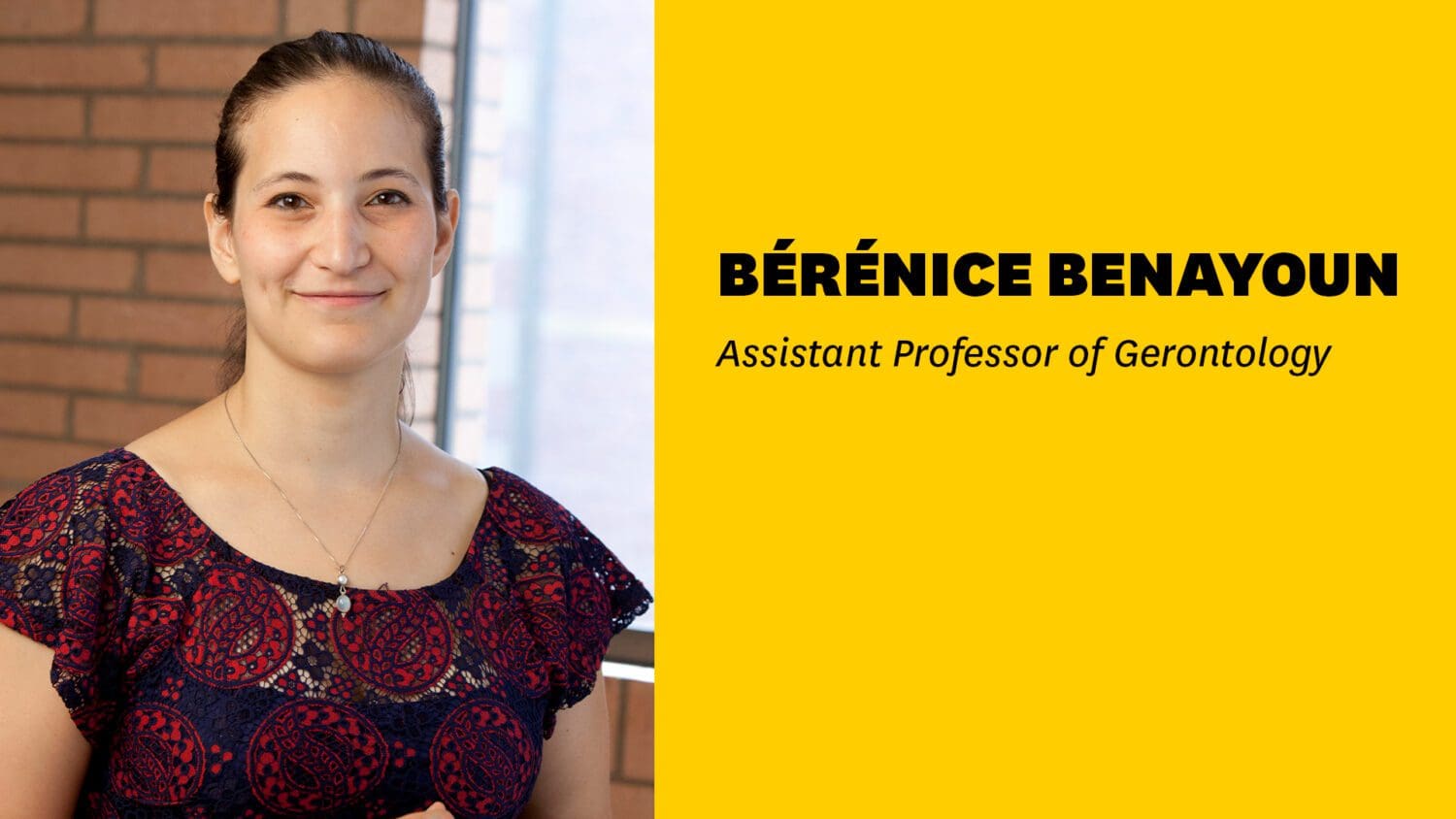
Bérénice Benayoun, Assistant Professor of Gerontology at the USC Leonard Davis School of Gerontology, is advancing what we know about how cells age, and how they can possibly be returned to a more youthful state, by focusing on areas that have historically been overlooked.
Quotes from this episode
The reason it’s so powerful is because we can recapitulate most of what you expect from aging in that short amount of time, including cognitive decline, increased amount of cancers, decreased fertility and all of that.
And, it’s not that they’re dying of like something random. They are dying of aging. When we look at all the signs, they have all the signs of aging, which means we can recapitulate an entire human lifespan in less than six months. And so, that’s very attractive to study aging — diseases of aging — as a model.
One of the problems is they can integrate themselves in genes that are important for cell health, including tumor suppressor genes. And so, when they go everywhere, they’re going to create that increasing mutational load, and they can actually drive tumor genesis, right, by turning off the safeguards against uncontrolled cell proliferation. That’s one thing. The other thing is, they look exactly like viruses as far as our immune system is concerned. They used to be viruses. And so, when our immune system sees a transposon being expressed, it actually activates and tries to kill it.
Maybe, part of the problem with aging is we have sort of an autoimmune response against those viruses, and we know that sustained immune response — which is, you know, this inflammatory response — is actually very bad for us.
At least in immune cell types, aging creates many more changes in female cells than in male cells. That could explain a lot of the differences in immune diseases. Young women are much more subject to autoimmune diseases, like lupus. It’s a frequency of nine to one for women to men, but that decreases after menopause, right? So again, there’s a huge interplay between hormones and immunity and immune cell types. We see that aging creates many more changes in females than in males.
Most people actually just study males, and we know very little about differential mechanisms, and not just with aging, it’s across fields. All of these people usually just study males, whether human or mouse because it’s simpler.
We’re studying aspects of immunity, and we’re actually saying that the immune response is vastly different depending on where those mice are in their hormonal cycle. And so, you know, yes, the data, it looks noisy, but if you’re actually stratifying it by the hormonal status, it’s not more noisy, and it gives you more information.
Learn more about Professor Bérénice Benayoun and her work at https://gero.usc.edu/faculty/berenice-benayoun-phd






